Singapore, October 18, 2023: Continental, a leader in automotive technology, has taken a significant step forward in sustainable mobility with the signing of three Memorandums of Understanding (MoUs) in Singapore. These agreements, made with local and international partners, aim to enhance the environmental friendliness of the mobility ecosystem through pioneering research and development.
“Continental is pleased to work with esteemed industry players and research institutions to accelerate the future of sustainable mobility. Leveraging each partner’s capabilities and resources, we can pioneer innovative solutions to transform the automotive sector and improve its environmental standards, creating a more sustainable ecosystem for the future,” said Mr. Lo Kien Foh, President and CEO of Continental Automotive Singapore.
“These partnerships are aligned with Continental’s sustainability ambition, covering facets such as carbon neutrality, responsible value chains, and the creation of a circular economy,” added Mr. Lo.
MoU 1:
Continental, NTU Singapore, and Volkswagen Group Innovation Partner to Revolutionize EV Charging
Towards reshaping the future of electric vehicle (EV) charging, Continental has teamed up with Nanyang Technological University, Singapore (NTU Singapore), and Volkswagen Group Innovation. The collaboration, formalized through a Memorandum of Understanding (MoU), focuses on developing smart energy management systems that could transform the EV landscape.
Volkswagen Group Innovation is at the forefront of accelerating the transition to electric mobility, recognizing the critical role of charging infrastructure and sustainable energy in this shift. The partnership with the Continental-NTU Corporate Lab is set to explore the viability and benefits of dynamic pricing models for EV charging. Such models are aimed at reducing carbon emissions and alleviating the burden on existing power grids by promoting EV charging during off-peak hours or when there's an abundance of renewable energy. 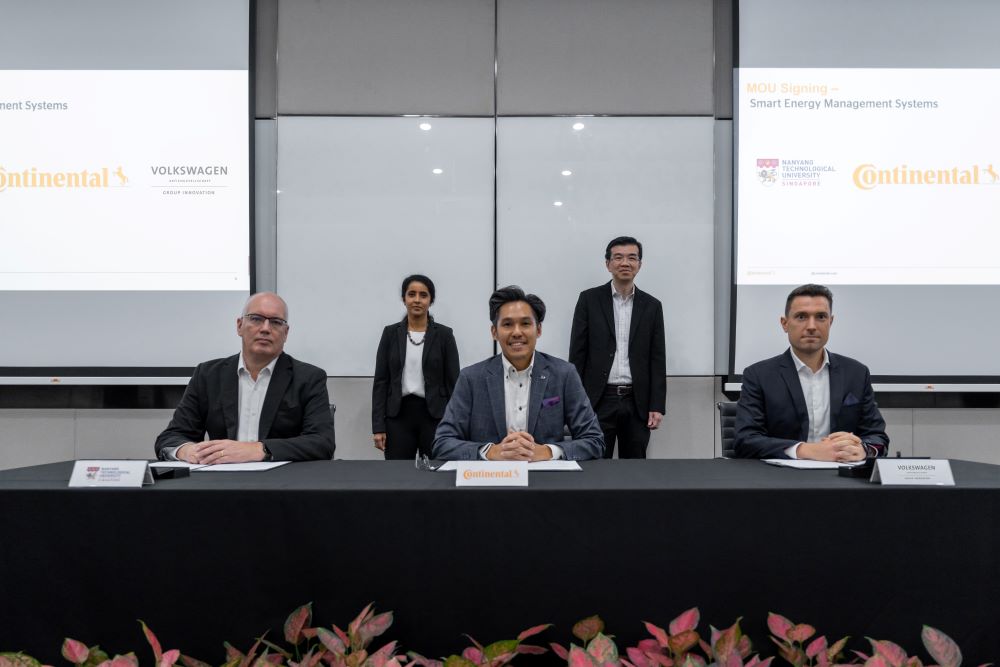
Mr. Petromil Petkov, Head of Innovation Hub Singapore, underlined the commitment of Volkswagen Group Innovation to sustainable mobility. “Our goal is to make the Volkswagen Group a leader in sustainable mobility, achieving net neutrality by 2050. This collaboration with Continental and NTU Singapore is a testament to our dedication to pioneering technologies like dynamic pricing for EV charging. We're leveraging real-time data and artificial intelligence to forge new pathways in reducing charging emissions,” he stated.
Dr. Kurt Leitner, Managing Director of Volkswagen Group Singapore, which hosts the Innovation Hub, also expressed his enthusiasm for the partnership. “Working alongside Continental and NTU Singapore aligns perfectly with our vision for a more electrified future. Volkswagen is committed not only to advancing e-mobility by introducing a diverse range of electric vehicles from Volkswagen, Skoda, and CUPRA but also to developing the sustainable infrastructure necessary to support them,” he said.
This collaborative effort represents a significant stride towards innovative, eco-friendly solutions in the realm of EV charging, setting a precedent for future developments in sustainable transportation.
MoU 2:
Continental Joins Forces with CEA and NTU Singapore to Enhance Circularity in Automotive Electronics
In the significant step towards sustainable automotive manufacturing, Continental has partnered with the French Alternative Energies and Atomic Energy Commission (CEA) and Nanyang Technological University, Singapore (NTU Singapore) to pioneer research on improving the circularity of automotive electronics. This collaboration is part of Continental’s ambitious goal to achieve 100% closed resource and product cycles by 2050.
The research will be conducted at the NTU Singapore-CEA Alliance for Research in Circular Economy (SCARCE), a joint research center by CEA and NTU Singapore. The focus will be on developing methods to enhance the circularity of Printed Circuit Boards (PCBs) in vehicles. This includes the implementation of eco-designs for easier disassembly of used PCBs and the automated sorting of components using intelligent machine learning solutions.
Dr. Jean Christophe Gabriel, Research Director at CEA and co-Director of SCARCE, highlighted the growing reliance on advanced electronics in vehicles, stating, "As vehicles evolve into highly sophisticated machines, it is crucial to consider the environmental impacts of this technological advancement. Our collaboration with Continental is a step towards identifying viable solutions for the recycling of electronic waste in the automotive sector."
A KPMG white paper emphasizes the rapid increase in semiconductor content in cars due to trends like autonomy, electrification, connectivity, and Mobility as a Service (MaaS). This trend intensifies the need for large-scale, innovative approaches to manage and recycle electronic waste.
Currently, a large portion of used electronic components in vehicles are neither reused nor repurposed. This research initiative aims to explore the economic feasibility of recycling PCBs. Moreover, the partnership is committed to developing guidelines for vehicle design; ensuring sustainability is an integral part of the manufacturing process from start to finish.
The collaboration between Continental, CEA, and NTU Singapore is aimed at making automotive electronics more sustainable and environmentally friendly, aligning with global efforts to reduce electronic waste and promote a circular economy in the automotive industry.
MoU 3:
Continental, NTU Singapore, and Pylon City Collaborate for a Sustainable EV Ecosystem in Singapore
In another initiative to bolster the efficiency and sustainability of electric vehicles (EVs), Continental, Nanyang Technological University, Singapore (NTU Singapore), and Pylon City have joined forces. This collaboration is set to develop a novel, station-based, demand-responsive charge scheduling algorithm for EVs, particularly targeting commercial fleets used in car-sharing and logistics.
With the increasing adoption of commercial EV fleets in Singapore, challenges such as optimizing battery life and preventing power grid overload have become more pressing. The partnership aims to address these issues through the Continental-NTU Corporate Lab. The proposed algorithm is expected to regulate the demand for EV charging intelligently, optimizing charging levels, schedules, durations, and locations. This approach not only enhances the efficiency of EV usage but also aims to extend the lifespan of EV batteries for long-term sustainable use.
Professor Lam Khin Yong, NTU Vice President (Industry), emphasized the significance of this project in the context of urban cities like Singapore, which are increasingly relying on EVs to combat climate change. He stated, “Leveraging NTU’s expertise in EV charging and battery technologies, we aim to develop a sustainable ecosystem for smart charging of EVs. This initiative, incorporating AI and machine learning, is aligned with NTU’s 2025 Strategic Plan, focusing on sustainability and industry collaboration.”
As part of this Memorandum of Understanding (MoU), two EV charging stations are slated to be constructed at Continental Singapore’s office, catering to EV fleet operators. These stations, featuring a solar canopy, will harness solar energy to power vehicle batteries. Additionally, the data gathered from these stations will provide valuable insights for the ongoing research.
The charging stations are expected to be operational by the fourth quarter of 2023, marking a significant milestone in the development of sustainable EV infrastructure in Singapore. This venture represents a concerted effort towards a greener, more efficient future for electric mobility in urban environments.




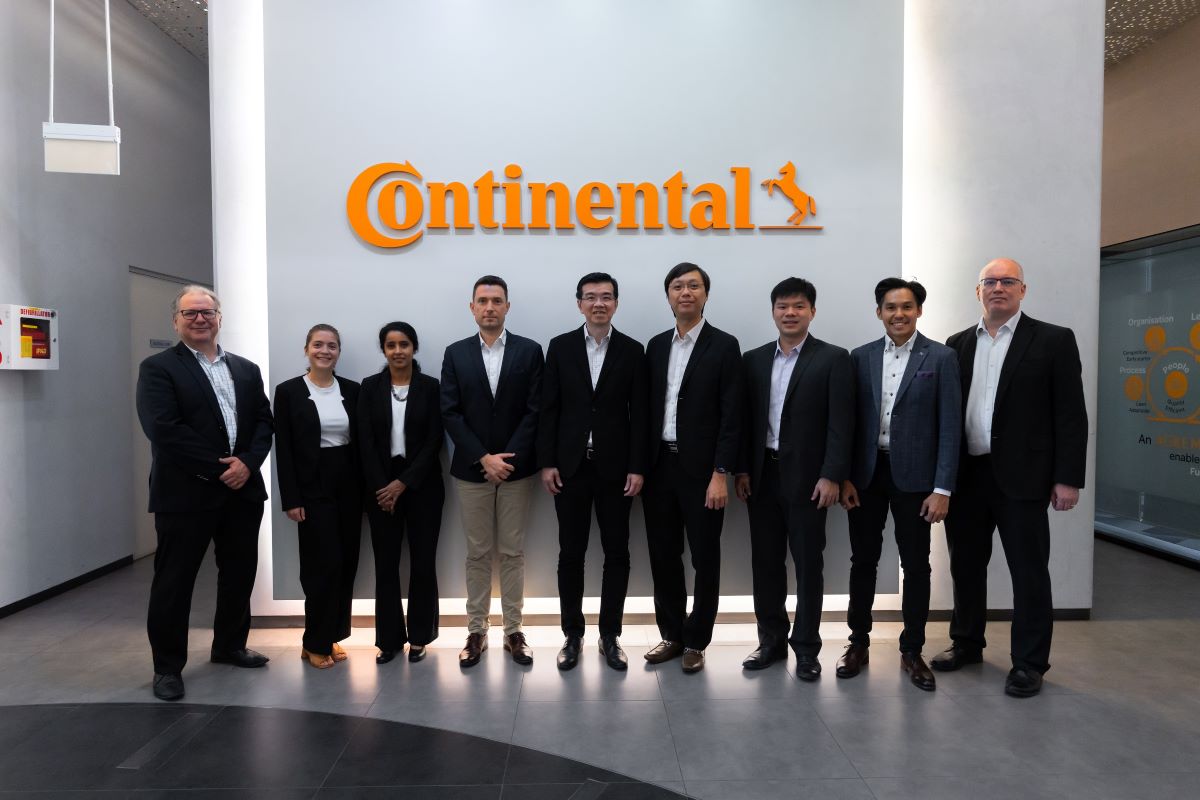


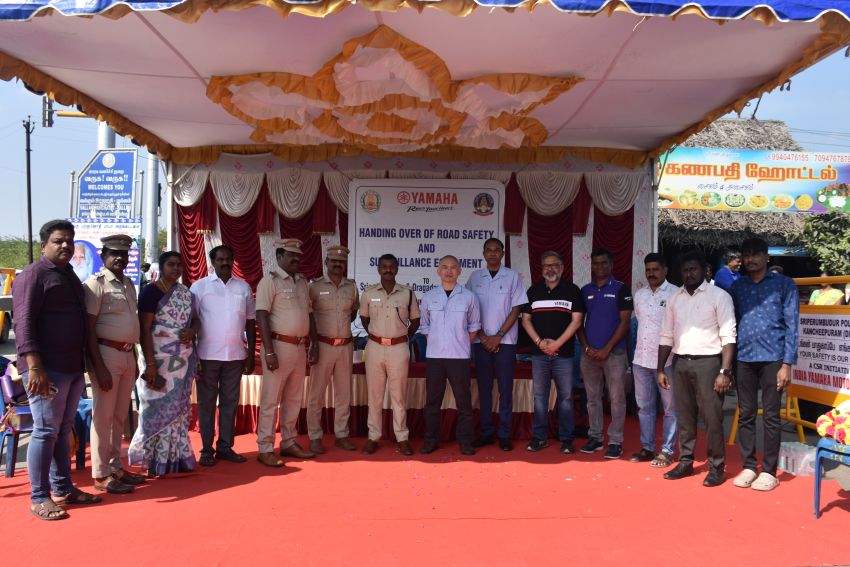

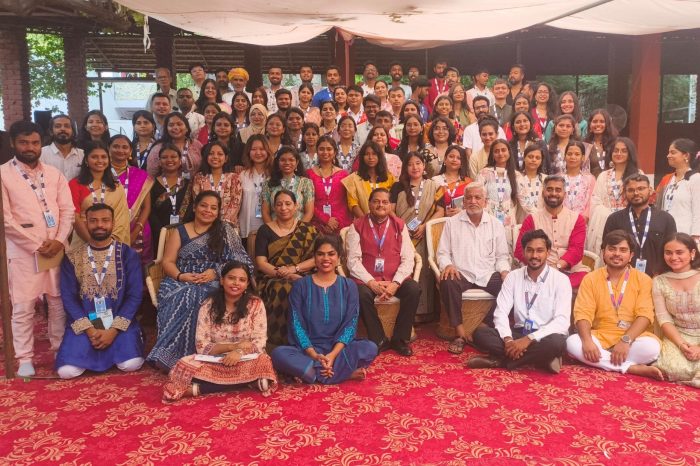


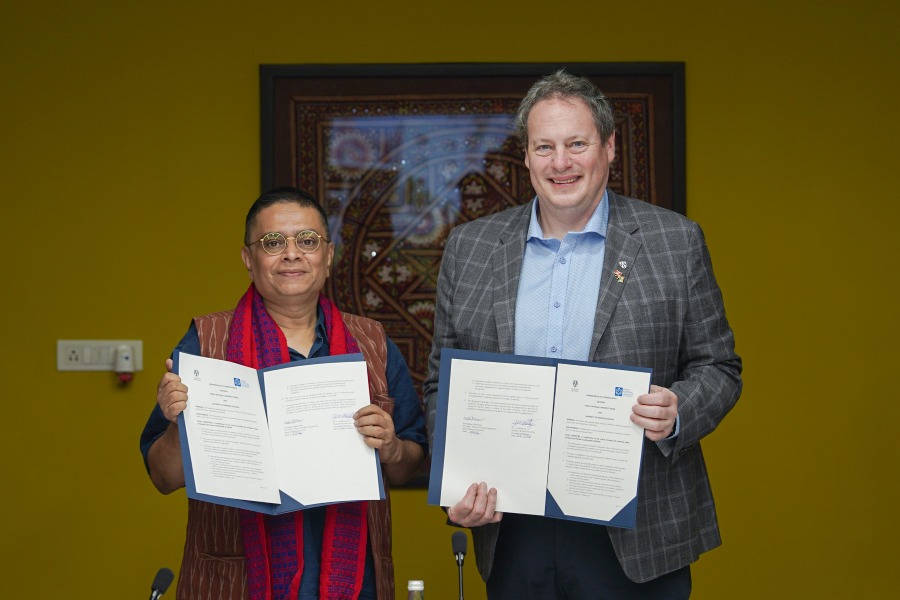
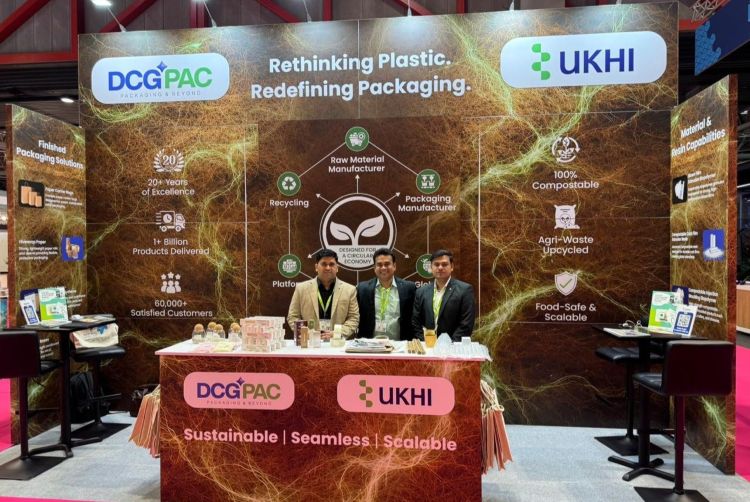



.jpg)



